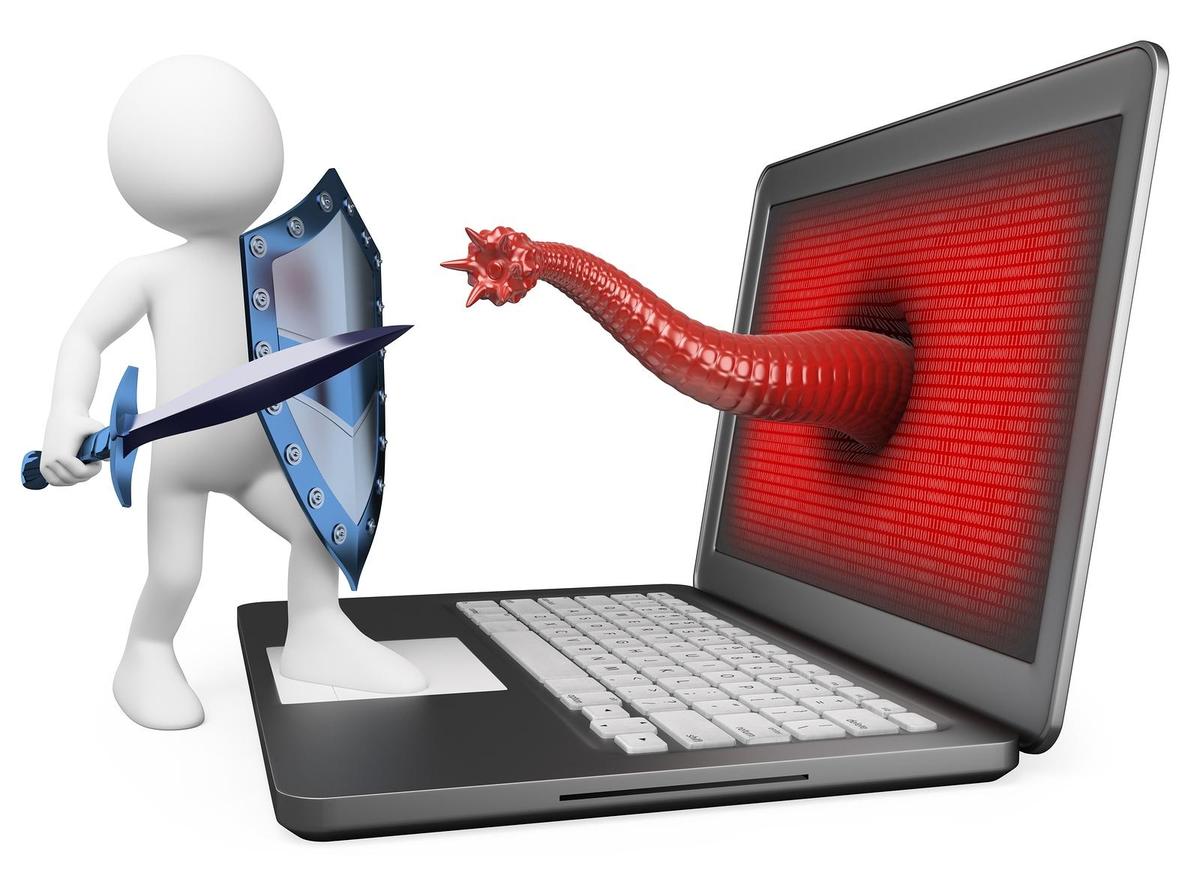How to Protect Your System from Viruses/Malware
Is the looming threat of a virus or malware that could infect your system keeping you up at night? A computer virus is a type of malicious code that can attach itself to a program or document on your computer and, once executed, replicate itself and spread to other systems. Viruses can be spread through a network, the Internet, or by a removable medium such as a CD or USB drive. An active virus could potentially leek your personal information, corrupt or destroy your data, and do a number of other things to jeopardize your system. There are steps you can take to minimize your system’s susceptibility to harmful malware and protect your personal data.
Complex Passwords
A strong password, one that is at least 8 characters and has a combination of lowercase, uppercase, numbers, and a special characters, are far more difficult to hack than a weak password. Don’t base your passwords on actual words that you could find in the dictionary,
Keep Up-To-Date
If you see that your device is requesting an update don’t ignore it. Software companies are constantly working to improve the security of their products and updates can patch weak points in the software that could be exploited.
Approach Email Links With Caution
If you don’t recognize the sender of an email, don’t click on a link within it. A large portion of computer viruses come from links of mysterious origin and the damage a virus can wreak upon your computer isn’t worth satisfying your curiosity.
Antivirus Software
Antivirus software protects your computer from unauthorized code or software that may pose a threat to your data. Good antivirus software will automatically update to protect your computer from new viruses.
Anti-Spyware Software
Spyware is a type of program that can discreetly collect information from off of your computer. Spyware can come in the form of pop-ups and can be combated by installing a pop-up blocker on your computer. Anti-spyware software is similar to anti-virus software except it only targets spyware.
Firewall and Privacy Settings
Based on your set security parameters, a firewall can filter through incoming and outgoing network traffic. Make sure that your firewall is turned on so that you will be alerted to any unauthorized attempts to access your system. When you are using a browser, check your privacy settings to ensure that your internet search is secure.
Keep a Backup
Regularly backup your computer! You can do this easily with a removable drive that is at least twice the capacity of the hard drive that you are trying to backup. Keeping an up-to-date backup could save you from future emergencies such as loss of data or drive corruption.
I hope all of these suggestions help you keep your systems secure from viruses and malware! If you have questions or would like additional advice for keeping your system protected, please reach out to our support team by emailing them at [email protected] or by giving them a call at 888-784-3872 x2
